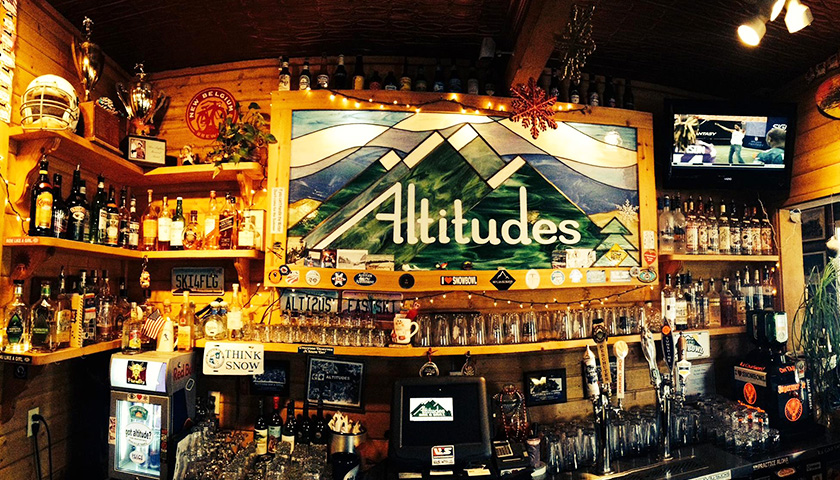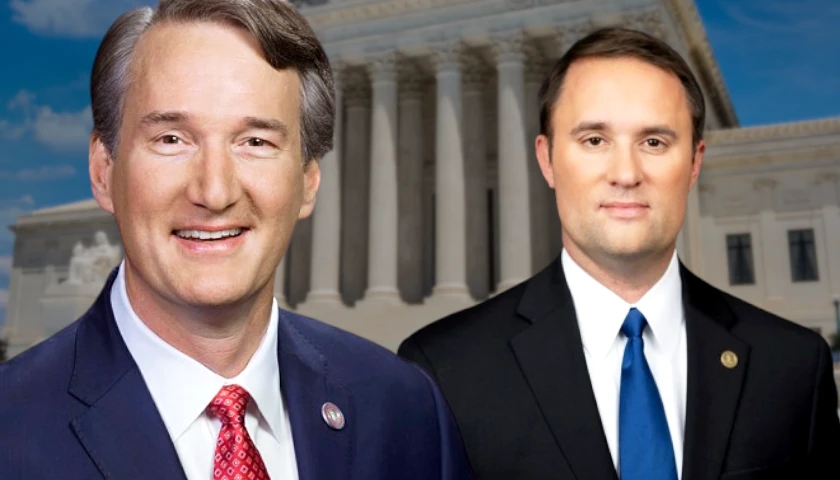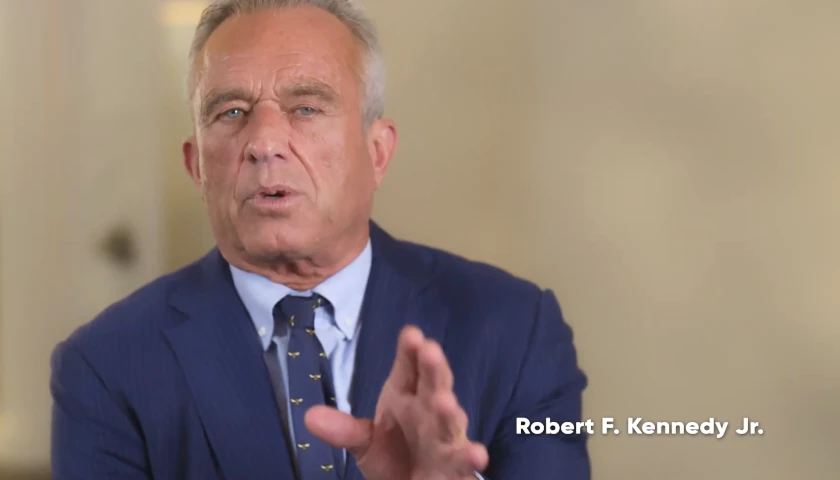Lynda Fleischer, the owner of the Flagstaff restaurant Altitudes Bar & Grill, told The Arizona Sun Times that the Flagstaff minimum wage increase will be challenging for businesses like hers.
In January, Flagstaff is set to increase its minimum wage $16.80 an hour and $14.80 for tipped positions.
“I think that having a minimum wage that offers a sustainable situation for our residents is very important. However, this minimum wage makes it very difficult for businesses such as mine to survive and has a ripple effect of raising costs for everything in my community, which has an effect on all of us in the end,” Fleischer said this week.
She further shared that the area of her business most affected by the increased wages would be her staffing abilities.
“Well, as a business owner who has been here in Flagstaff for the past 20 years, I am no longer able to employ young people,” said Fleischer. “I have no entry-level jobs here. I can’t really afford to pay $16.[80] for a dishwasher, which means I have to wash the dishes myself.”
Keeping labor expense percentages at a manageable level was another problem she mentioned. The margin of profit for restaurants is often very low, which Fleischer said would get erased unless she raised her menu prices, which she mentioned already having to do at the beginning of last year.
Moreover, Tucson resident and owner of HT Metals, Carlos Ruiz, told The Sun Times that Tucson also raised its minimum wage, which affected his business. While he mostly hires more skilled workers, Ruiz shared that he has entry-level positions and needed to increase their pay. Doing so had an upwards trickle effect resulting in slight wage compression for HT Metals. While he said he did not have to make any cuts because of the increase, he did have to prevent some high-wage employees from taking overtime in favor of those with a lower wage.
Ruiz shared that he has noticed businesses taking steps to lower labor costs. For example, he noticed some manufacturing businesses he supplies opting to use automated robots for labor instead of humans. He also knows local restaurant owners who have decided to install kiosks where people can place orders to minimize labor costs.
Flagstaff’s wage increase stems from Proposition 414, “The minimum Wage Act,” which voters approved in 2016. The goal was to create a $15 minimum wage by 2021, which was achieved, and annually raise wages depending on inflation and cost of living.
Chad Heinrich, director of the NFIB Arizona Small Business Association, told The Sun Times that the wage increase harms the chances of young employees to find work.
“Small business owners are working feverishly to fill open positions by raising wages to a level that the market requires in order to attract qualified workers,” said Heinrich. “Government need not be involved. The law of supply and demand cannot be illustrated any more clearly than in this case. NFIB firmly opposes minimum wage increases because an artificial, government-mandated wage does nothing but harm the chances that new workers have at finding a first job because these individuals have no work experience. So those who would-be workers will instead be left without any meaningful work experience because the simple economics of a higher minimum wage pushes them out of consideration for a job.”
Flagstaff Mayor Paul Deasy shared that between 2016 and 2021, as the minimum wage increased, the unemployment rate dropped from 6.4 to 3.7 percent. Although, as Fleischer shared, not every business has the staffing it needs, as increased prices make it harder to maintain a labor force.
Flagstaff’s Minimum wage and Unemployment rate
Dec. 2016: $8.05 / 6.4%
Dec. 2021: $15 / 3.7%When exactly was min wage going to kill jobs again?
— Flagstaff Mayor Paul Deasy (@MayorDeasy) March 8, 2022
– – –
Neil Jones is a reporter for The Arizona Sun Times and The Star News Network. Follow Neil on Twitter. Email tips to [email protected].
Photo “Altitudes Bar and Grill” by Altitudes Bar and Grill.









